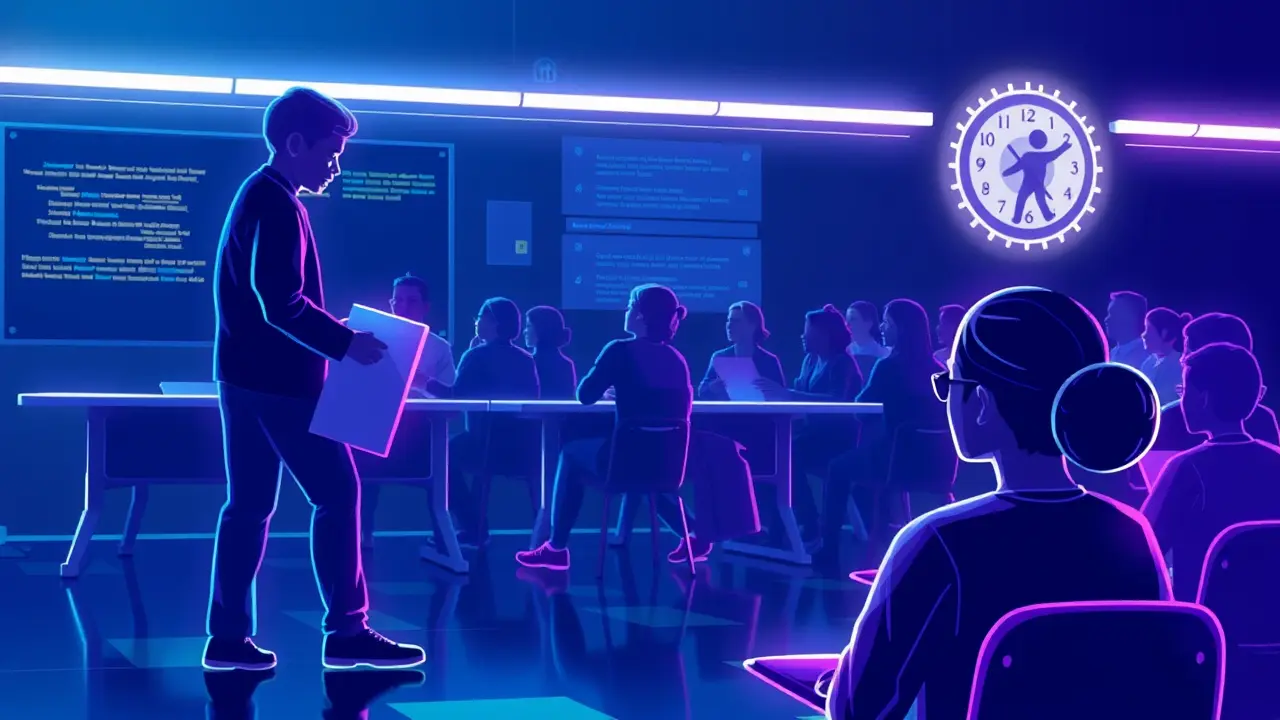
OthereducationHigher Education
University of Pennsylvania Hacked to Suppress Alumni Donations
MA
Mark Johnson
2 days ago7 min read
The digital assault on the University of Pennsylvania wasn't just another data breach; it was a political statement delivered through compromised servers and a brutally simple message: 'Please stop giving us money. ' This wasn't the work of shadowy state actors seeking intellectual property or financially motivated ransomware gangs holding data for ransom.This was a new breed of cyber-activism, a direct, almost guerrilla-style attack on the financial lifeblood of a prestigious institution, explicitly designed to sever the flow of alumni donations. Think of it not as a hack, but as a digital protest, a meticulously planned campaign to weaponize the university's own infrastructure against its fundraising apparatus.The implications are staggering, echoing the high-stakes, no-holds-barred tactics of a modern political campaign where every channel, even the supposedly secure alumni database, becomes a battlefield. We've seen hacktivists target governments and corporations for ideological reasons, but this surgical strike against donor relations marks a significant escalation in the privatization of political conflict.Who are these actors? Are they disgruntled alumni leveraging their insider knowledge of the institution's vulnerabilities? Are they external groups with a specific grievance against Penn's research partnerships, its investment strategies, or its political stances? The precision of the attack suggests a deep understanding of both the technical landscape and the socio-economic pressures facing higher education today. Universities, particularly elite ones like Penn, are increasingly reliant on their endowments, massive funds built and sustained by the loyalty and financial support of their graduates.By targeting this pipeline, the hackers aren't just stealing data; they're attempting to orchestrate a financial crisis from within, to force a change in policy or behavior by crippling its funding. It’s a move straight out of the asymmetric warfare playbook, where a smaller, more agile force identifies and attacks a critical vulnerability in a much larger opponent.The response from the administration will be telling. Will they treat this as a simple IT failure, or will they recognize it for what it is: a sophisticated act of political and financial coercion? The communications team will be working overtime to manage the narrative, to reassure donors that their information is safe and their contributions are still valued, all while the IT security team engages in a frantic game of whack-a-mole to secure the systems.This event should serve as a wake-up call to every university president and board of trustees across the country. Your endowment isn't just managed by your investment office; it's protected by your cybersecurity team.The alumni relations department is no longer just about organizing reunions and sending out newsletters; it's a front line in an information war. The next major scandal in higher education might not break in the student newspaper or on a professor's blog; it might be delivered via a corrupted SQL database, with a message so blunt it leaves no room for misinterpretation. The battle for the future of the academy is being fought in server racks and network logs, and the University of Pennsylvania has just suffered a direct, and brilliantly targeted, hit.
#hackers
#data breach
#university
#alumni donations
#cybersecurity
#extortion
#featured
Stay Informed. Act Smarter.
Get weekly highlights, major headlines, and expert insights — then put your knowledge to work in our live prediction markets.
Related News
Comments
It’s quiet here...Start the conversation by leaving the first comment.
© 2025 Outpoll Service LTD. All rights reserved.











